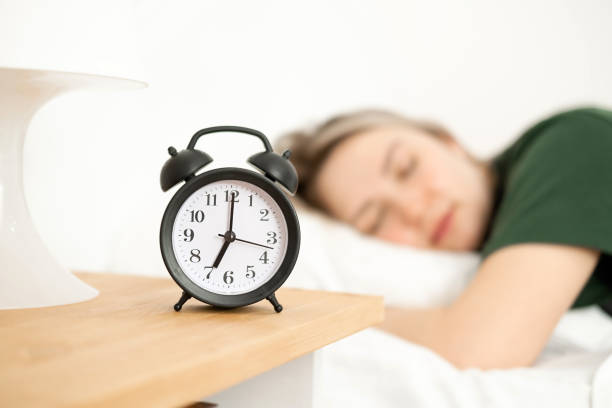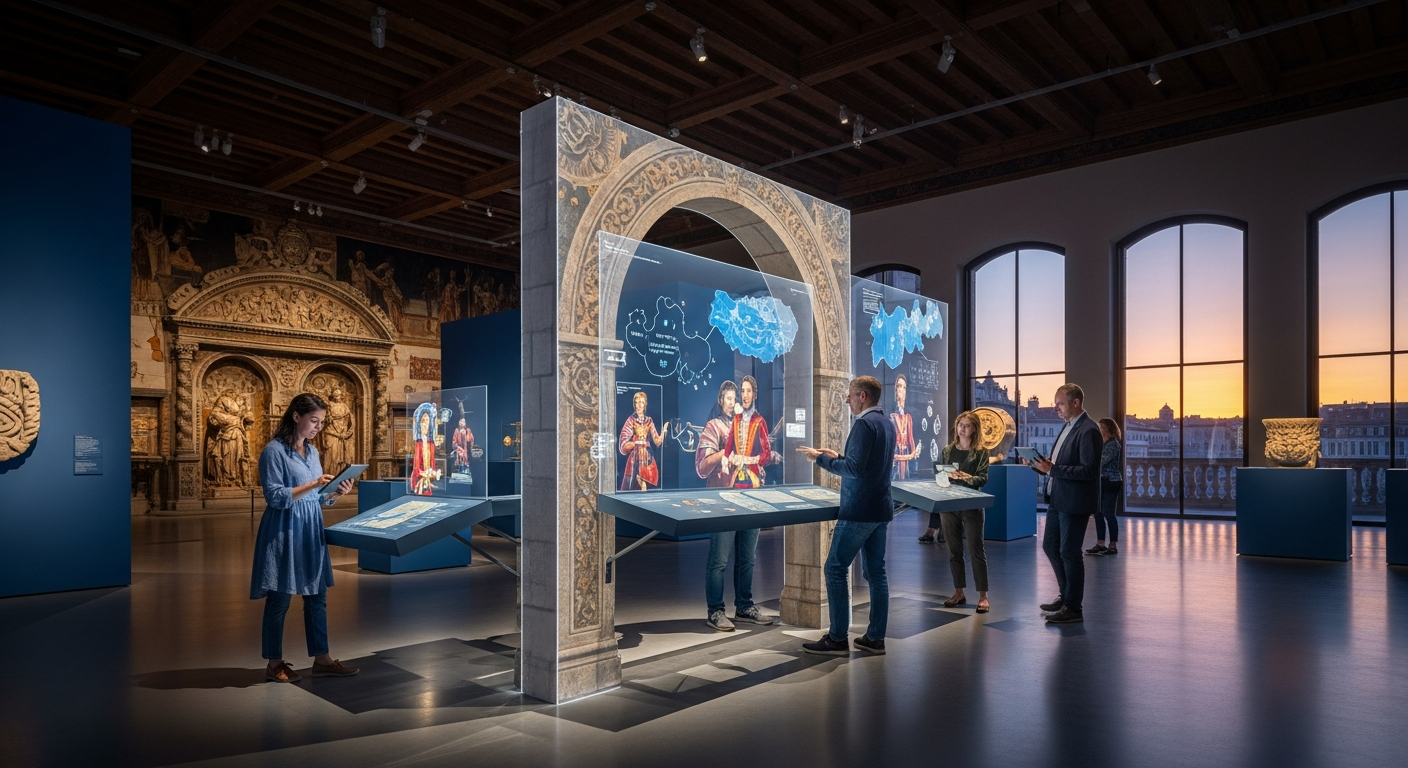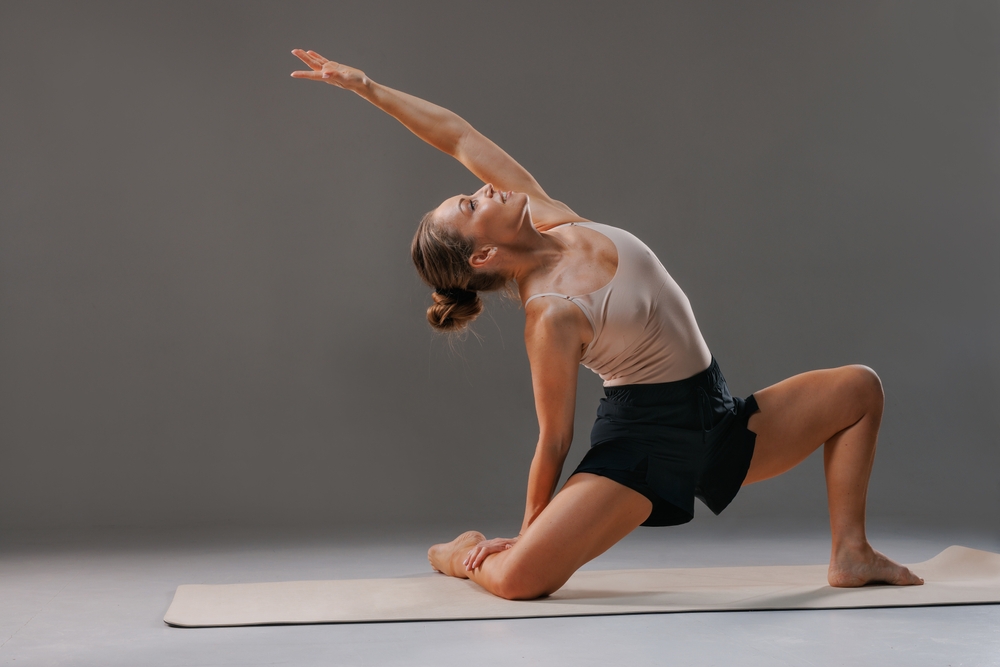Unraveling the Mysteries of Our Biological Clock: The Science Behind Circadian Rhythms
Are you aware that your body has an internal clock that coordinates your body functions according to the time of day? This fascinating mechanism is called the circadian rhythm. This article aims to unpack the complexity of this vital physiological process, its impact on our health, and how we can harness it for optimal well-being.

A Journey Through Time: The Emergence of Circadian Rhythms
The concept of a biological clock isn’t a modern discovery. The ancient Greeks and Romans were the first to notice the daily cycles in plants and animals. However, it wasn’t until the 18th century that the term ‘circadian rhythm’ was coined. The word ‘circadian’ originates from the Latin words ‘circa diem,’ meaning ‘around a day.’
The biological clock isn’t located in a single part of our body. Instead, it’s a network of molecular clocks throughout the body, synchronized by a ‘master clock’ in the brain. This master clock is located in the suprachiasmatic nucleus (SCN) of the hypothalamus and is responsible for aligning our body functions with the 24-hour day-night cycle.
The Biological Clock and Our Health: The Current Scientific Perspective
Research in recent years has unveiled the far-reaching influence of our circadian rhythms on our health and wellness. Misalignment between our internal clocks and our lifestyle - such as shift work, late-night screen use or jet lag - has been linked to a range of health issues, from sleep disorders and mood disturbances to obesity, diabetes, and cardiovascular disease.
Furthermore, our circadian rhythm impacts the efficacy of medications. The field of chronopharmacology is exploring how timing medication according to our biological clock can enhance drug effectiveness and minimize side effects.
The Reality of Resetting Our Biological Clock
There are several strategies to realign our biological clock with our lifestyle, but it’s not a simple task. Our circadian rhythms are entrained by environmental cues known as ‘zeitgebers,’ the most powerful of which is light. Therefore, light therapy, often involving exposure to bright light in the morning, is a common approach to reset the biological clock.
Regular physical activity and meal timing are other tools to entrain our circadian rhythms. However, more research is needed to fully understand the best ways to harness these strategies for health.
Quick Health Facts: Circadian Rhythms
- The biological clock influences a wide range of body functions, from sleep-wake cycles and hormone release to digestion and immune responses.
- Disruptions to the circadian rhythm have been linked to conditions such as Seasonal Affective Disorder (SAD), insomnia, and certain types of cancer.
- Regular exposure to natural light, especially in the morning, can help keep our biological clock in sync.
- Avoiding exposure to bright screens at night can help prevent disruptions to our sleep-wake cycle.
The Take-Home Message
Our biological clock, or circadian rhythm, is a fundamental aspect of our physiology, influencing numerous body functions. Disruptions to this rhythm can lead to various health issues. Therefore, understanding and respecting our biological clock is pivotal for our health and well-being. We should strive to align our lifestyle with our circadian rhythm, not against it, to harness our body’s innate wisdom for optimal health.






